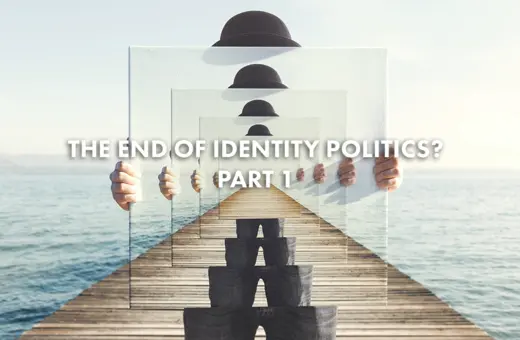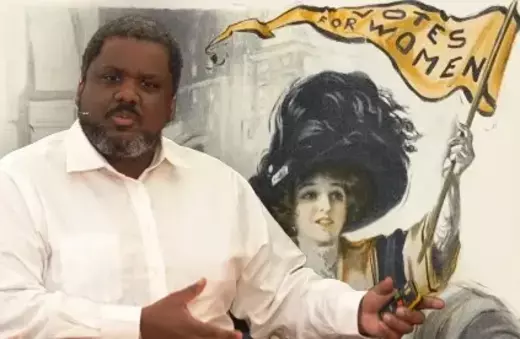‘Mother-of-five Windrush kid in UK for 50 YEARS branded illegal immigrant’, ‘Brits born in Caribbean are fired, denied NHS care and could be deported’, read the headlines in The Sun newspaper. The political crisis over the deportations of people who came to the UK between 1948 and 1971 from the Caribbean has changed the discourse on immigration in the UK. Is the British identity being redefined, as a result? We asked leading theorist of cosmopolitanism Kwame Anthony Appiah to comment on the case. Raised by a Ghanaian father and an English mother in the UK, and now living in the US, where he is professor of philosophy and law at New York University, Appiah discusses how public attitudes to race and national identity have transformed over his and his father’s lives, and whether cosmopolitanism can be a solution for all.
—Paula Erizanu
PE: What were your first thoughts when you read about the Windrush crisis?
KAA: I suppose I thought that at that time between the late 1940s and the early 1950s when those Caribbean people first arrived, my father was in England, and he was a West African; a black man. His own experience was pretty good. He felt that he was treated respectfully, mostly, by the white British people he interacted with. He had good memories of that time.
And I wonder whether things got worse in relation to the British racial relations. That when they arrived, things were good but they got worse later. It struck me that the attitudes that led to the government’s attempt to deport seem worse than the attitudes prevalent in the 1940s and 1950s, though by the time I was a teenager in England in the 1960s, Enoch Powell (Conservative MP between 1950 and 1974) was around and there was an explicitly racist form of politics in England and now various forms of nationalist politics have developed.
I think that the Windrush generation arrived at a time when people were not so racist and what’s happening now is a reflection that things have gotten worse. I’m not super confident that this is what happened but these are the thoughts that I had when I first read about this story.
PE: Home Secretary Amber Rudd told MPs that the crisis happened because the Home Office had ‘become too concerned with policy and strategy - and lost sight of the individual’ – would you say that this is a right diagnosis of why the crisis has come about?
KAA: One has to ask what the policy was and it’s hard to make sense of the policy except as one trying to affect the racial character of the country. If you’re trying to get rid of people from the dark Commonwealth and people from Eastern Europe at the same time, that seems to me an ethnic cleansing project. I don’t mean to compare it to the worst kind of ethnic cleansing but it seems to me in that territory.
And when you come to that territory you do stop thinking about what you’re doing to the lives of individual people. Instead of thinking about them as people with lives you think of them as a vast category of illegal immigrants or aliens, and you treat them in a way that is therefore insensitive to their moral rights.
___
"If you’re trying to get rid of people from the dark Commonwealth and people from Eastern Europe at the same time, that seems to me an ethnic cleansing project."
___





















Join the conversation